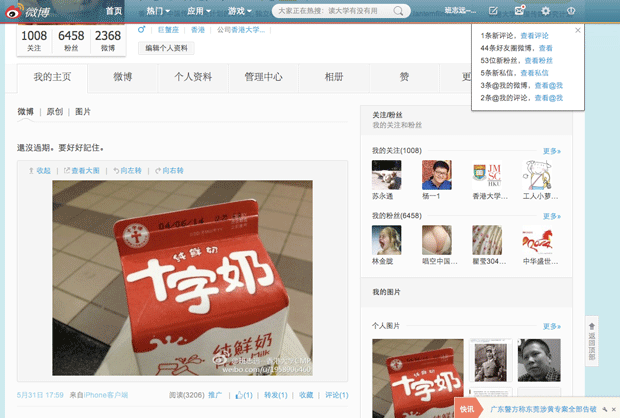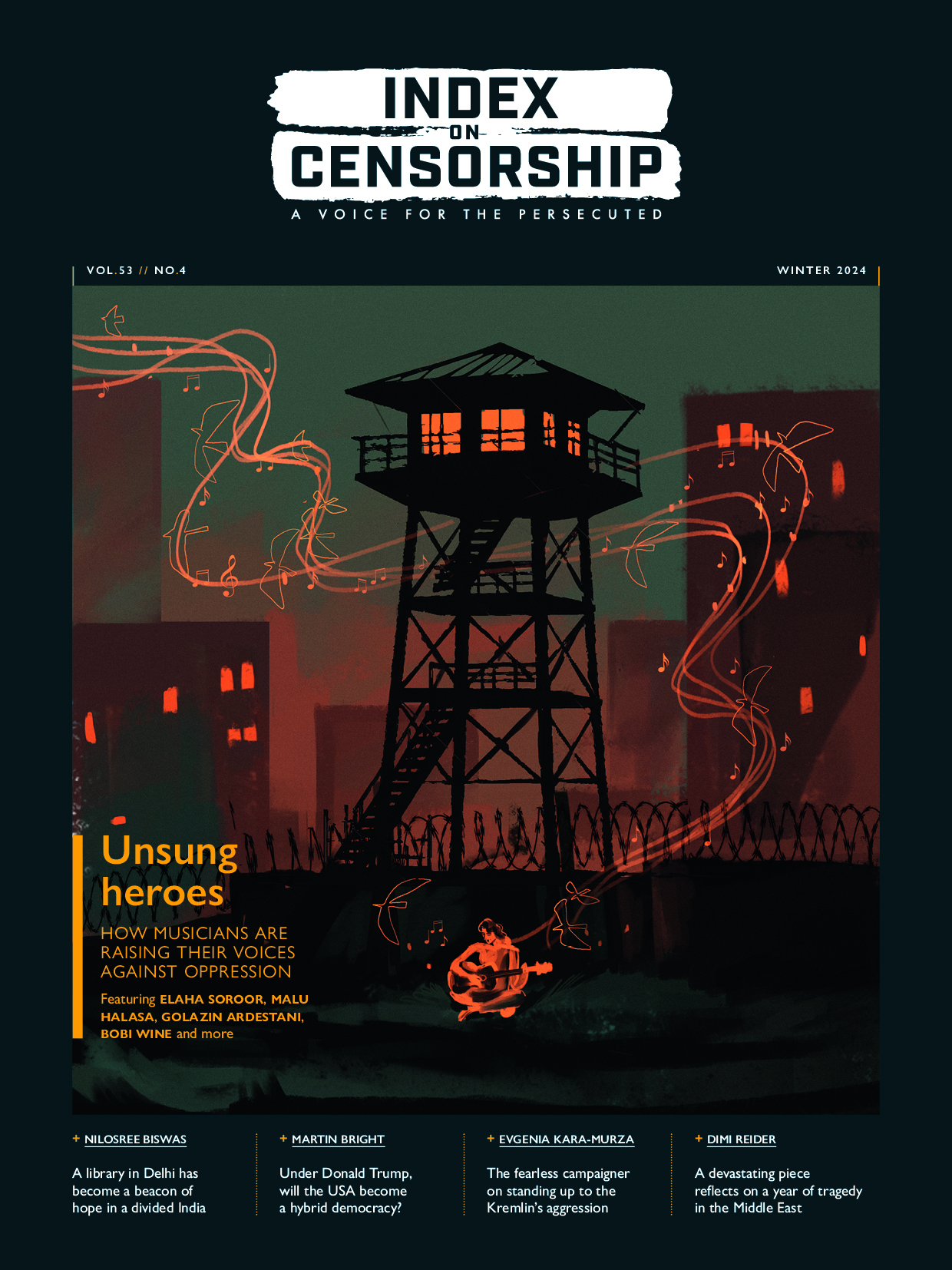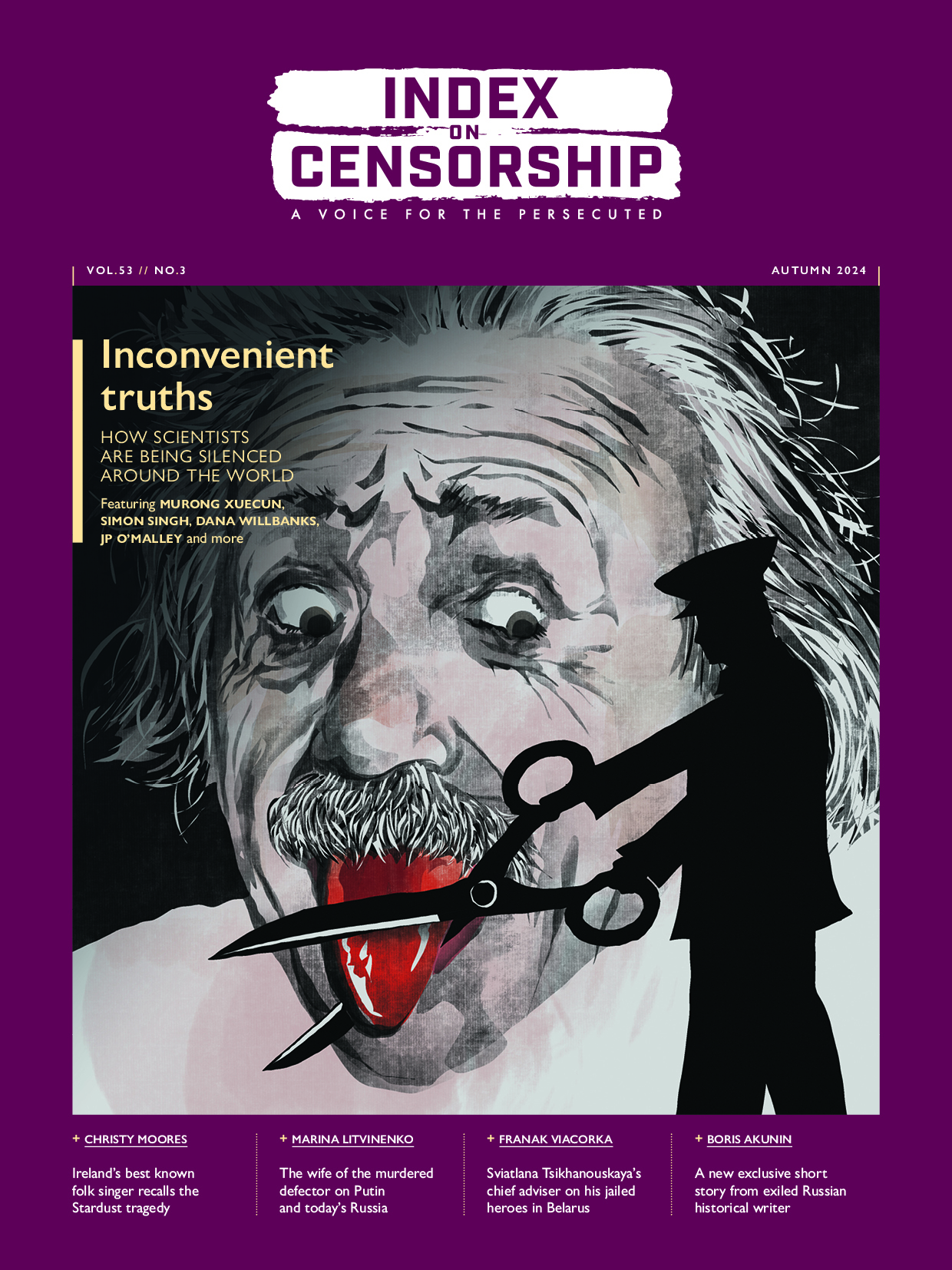
China’s censors have a hard time stamping out memes.
Memes are proving one of the most powerful weapons Chinese netizens can use to fight online censorship. In the weeks on either side of this year’s 25th anniversary of Tiananmen Square, Chinese censors blocked a variety of terms on social media, including “blood”, “May 35” and even “today”, but references to the event kept on emerging in memes. Images alluding to the infamous “Tank Man” took on a variety of forms, using heads of Mao, tractors, lego and the iconic Hong Kong rubber duck in lieu of circulating the actual iconic photo.
The concept of the meme was coined by Richard Dawkins in 1976 to explain certain ideas, catchphrases, trends and other pieces of cultural information that replicate through a population. In its current usage, memes are defined as cultural items in the form of an image, video or phrase that spreads via the internet and are often altered in a creative or humorous way.
They’ve been part of the Chinese blogosphere for years and in many ways are ideally suited to the Chinese context. In part this is because Mandarin as a language allows for a playful form of double entrendre. Due to its many tones even the slightest shift in pronunciation can change a word’s meaning, while still sounding similar enough to invoke comparisons. The most famous Chinese meme, which parodies censorship itself, is that of the grass mud horse — caonima. In certain tones caonima means an alpaca; in other tones it’s a famous Chinese profanity. A few years back a video depicting a grass mud horse defeating a river crab, hexie, which is a homonym for the propaganda catchword “harmony”, went viral. To this day memes relating to this still emerge to poke fun at Chinese authorities.
Herein lies the strength of memes; their ability to evolve quickly and to imply rather than state makes them very difficult to detect and delete. After all, it’s hard enough for Chinese censors to keep track of and block all search terms directly referencing taboo topics. It’s harder still to block the infinite variations of words and images that might allude to controversy.
“Due to advanced and pervasive censorship, Chinese netizens are often forced to use coded language and images to talk about the social and political issues they find important,” says Ben Valentine, strategist and contributing writer for The Civic Beat, which examines social change memes and viral media.
“Images are much harder to algorithmically block because machines have trouble understanding visual content. While online writing directly talking about anything to do with Tiananmen Square in 1989 is extremely difficult, some of these memes make it past the censors. This is partially why, despite pervasive censorship, the Chinese web still remains a quite lively and active online space,” he adds.
For David Bandhurs, a researcher at the University of Hong Kong’s China Media Project, anyone who engages on a regular basis with others in the Chinese internet space “understands that irony, parody and other forms of expressive subterfuge are absolutely essential”. Memes “are the very substance of self-expression, of which social and political expression are a part, in a repressive space”.
Ahead of the 4th June anniversary, Bandhurs posted a photo of his milk carton to Weibo (China’s Twitter). The expiration date was “04/06/14” and he wrote: “It’s not yet expired. We have to remember.”
“This was a very casual post, its point being to share a momentary thought with my community, a thought which for some might prompt a moment of esprit de corps, or a moment of reflection,” he tells Index.
“A lot of memes emerge, and they emerge constantly, in exactly this way. They encapsulate a thought or a feeling — often with a strong social or political dimension — that cannot be openly expressed. For example, the meme ‘My father is Li Gang’ quickly became emblematic of the injustice and inequality resulting from unchecked power. It was like a key that could open a box of thoughts no one could make very explicit.”
Just how effective are these memes? When shared instantly and abundantly across platforms like Weibo, they can be very powerful. In some instances Chinese memes have spurred a call to action, as was the case with those that knocked Beijing’s poor air quality. Until recently, the government denied the extent of the pollution. Conversation on the topic was silenced. Then photos of blue sky days and other related memes emerged. Now the government is approaching the topic with more transparency.
As for those topics which still remain off limits, memes provide an alternative form of political discourse. The China Digital Times sees caonima specifically as the “the icon of online resistance to censorship”.
Memes represent a way in which Chinese people momentarily seize control of conversations. For example, when blind activist and lawyer Chen Guangcheng was arrested, thousands of people posted photos of themselves wearing sunglasses in protest. While it might not seem like the biggest act of defiance, it’s still something in a nation where free speech and collective action are strictly controlled.
“These memes allow for more expression, a political conversation to start, for humor around a taboo subject; this is an incredibly empowering feeling. The ability to connect, talk, laugh, and touch on politics feels good,” explains Valentine.
Speaking of memes more generally, Cole Stryker, author of Epic Win for Anonymous: How 4chan’s Army Conquered the Web, tells Index:
“The power of politically-oriented memes is that they can be used in a playful way that isn’t necessarily directly confrontational to a regime. In some cases, the regime doesn’t even realize they’re being undermined. This allows activists to openly protest with impunity or even anonymity.”
At the same time, it’s important not to overstate the power of memes in China. Most vanish in the cyberspace vortex. Bandhurs’ milk carton post, for example, had more than 3,000 views, but could not be shared or commented upon, taking the sting out of it.
Memes are also predominantly harmless and politically apathetic. An office worker in Beijing, Wang Meimei, 28, said she and her friends constantly share memes. These solely relate to entertainment, not politics, because “we’re not interested in that”.
Meanwhile, 35-year-old Huang Yeping, who works in news media in Beijing, says none of the recent memes he has seen capture any form of zeitgeist.
“Is it me or have Chinese become even more subdued in terms of political expression, so much so that they haven’t been able to create anything as infectious as grass mud horse or a derivative of the tankman?” he asks, then adds:
“There has been this chill spreading across the cyber world.”
And as this indicates, taken alone memes cannot supersede collective action, nor do most have that in mind. They can spark a discussion, yes, yet remain as entertainment without the other key elements that bring about concrete action. What memes can do is allow for everyday Chinese to seize control of conversations — whether they be of a social, political or cultural nature — even if only for a few hours or days before the army of censors step in. And as Valentine says, that “feels good”.
This article was published on June 19, 2014 at indexoncensorship.org





